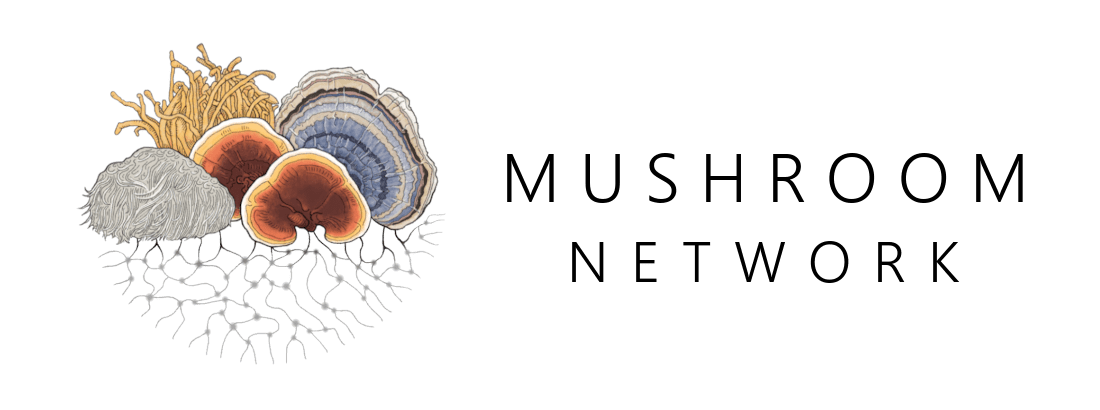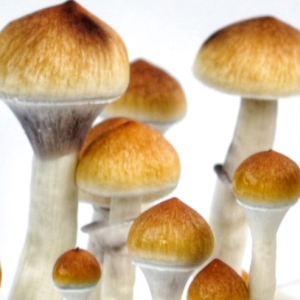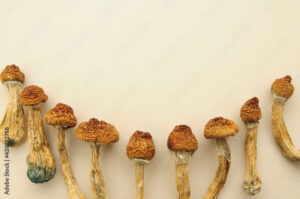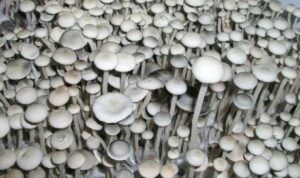1. Introduction to DMT
1.1 What is DMT?
1.2 History and Traditional Use
2. Understanding Addiction and Substance Use Disorders
2.1 Definitions and Concepts
2.2 Risk Factors for Addiction
3. Pharmacology of DMT
3.1 Mechanism of Action
3.2 Metabolism and Duration of Effects
4. Potential for Addiction: DMT vs. Other Drugs
4.1 Comparing DMT Addiction Potential to Other Substances
4.2 Neurobiological Considerations
5. Psychological Effects and Dependency Risks
5.1 Short-Term Effects of DMT Use
5.2 Psychological Dependency vs. Physical Addiction
6. Treatment and Support for DMT Users
# Is DMT Addictive?
## 1. Introduction to DMT
### 1.1 What is DMT?
DMT, also known as N,N-Dimethyltryptamine, is a powerful psychedelic compound found naturally in certain plants and animals. It is renowned for its intense, short-lived effects that can include profound alterations in perception, consciousness, and reality.
### 1.2 History and Traditional Use
Throughout history, DMT has been used in various traditional ceremonies and rituals by indigenous cultures for spiritual and healing purposes. Its cultural significance and therapeutic potential continue to intrigue researchers and enthusiasts worldwide.
## 2. Understanding Addiction and Substance Use Disorders
### 2.1 Definitions and Concepts
Addiction is a complex condition characterized by compulsive drug-seeking behavior despite harmful consequences. Substance Use Disorders involve a range of problematic patterns related to substance abuse, including tolerance, withdrawal, and cravings.
### 2.2 Risk Factors for Addiction
Factors such as genetic predisposition, environmental influences, mental health conditions, and social settings can contribute to an individual’s susceptibility to addiction and substance abuse.
## 3. Pharmacology of DMT
### 3.1 Mechanism of Action
DMT primarily exerts its effects by binding to serotonin receptors in the brain, leading to altered sensory perceptions, heightened emotions, and spiritual experiences. Its rapid onset and short duration of action distinguish it from other psychedelics.
### 3.2 Metabolism and Duration of Effects
Once ingested, DMT is rapidly metabolized by enzymes in the body, resulting in a brief but intense psychedelic experience that typically lasts for 15 to 60 minutes, with residual effects subsiding shortly thereafter.
## 4. Potential for Addiction: DMT vs. Other Drugs
### 4.1 Comparing DMT Addiction Potential to Other Substances
Studies suggest that DMT does not produce physical dependence or compulsive drug-seeking behavior seen with addictive substances like opioids or stimulants. Its introspective and mystical nature may limit its appeal for recreational use and addiction development.
### 4.2 Neurobiological Considerations
Neuroscientific research indicates that DMT may induce neuroplasticity and promote neurogenesis, potentially offering therapeutic benefits for mental health conditions. Its unique pharmacological profile sets it apart from traditional addictive drugs, warranting further investigation into its therapeutic potential.
In conclusion, while DMT’s profound effects and mystical allure may capture the curiosity of many, its distinct pharmacology and limited risk of addiction set it apart from conventional addictive substances. Further research is essential to fully understand the therapeutic benefits and implications of DMT use.
5. Psychological Effects and Dependency Risks
When it comes to DMT, the short-term effects can be mind-blowing (pun intended). People often report intense visuals, spiritual experiences, and a sense of connection to something greater than themselves. However, these effects are usually short-lived, lasting around 10 to 30 minutes. It’s like a rollercoaster ride for your brain, taking you on a wild trip before gently setting you back down.
5.1 Short-Term Effects of DMT Use
In the short term, DMT can whisk you away to otherworldly realms where reality bends and twists like a yoga instructor on a mission. Users may encounter alien beings, geometric patterns, or feel like they’re merging with the universe. It’s like the psychedelic version of Alice falling down the rabbit hole – except you’re not sure if you’re Alice, the rabbit, or the hole itself.
5.2 Psychological Dependency vs. Physical Addiction
Now, let’s talk about the big question: Is DMT addictive? Well, here’s the scoop – DMT doesn’t seem to cause physical addiction like your morning coffee or those darn potato chips you can’t stop munching on. However, some users may develop a psychological dependency on the drug. Think of it like that friend you always call when you need a good laugh – you’re not physically hooked, but you find yourself craving that mental escape.
6. Treatment and Support for DMT Users
https://en.wikipedia.org/wiki/N,N-Dimethyltryptamine#Human_consumphttps://en.wikipedia.org/wiki/N,N-Dimethyltryptamine#Human_consumpIf you find yourself tangled up in the DMT dance and want to cha-cha your way out, there are ways to get help. Don’t worry; you’re not alone in this psychedelic tango. Therapeutic approaches and support groups can be your trusty partners in navigating the intricate steps of DMT addiction recovery.
6.1 Therapeutic Approaches for DMT Addiction
Therapeutic approaches for DMT addiction can range from traditional counseling to holistic practices like mindfulness meditation. It’s like giving your mind a warm hug and whispering, “It’s okay, we’ll figure this out together.” These approaches aim to unravel the psychological knots that may be keeping you tethered to DMT and help you find healthier coping strategies.
6.2 Support Groups and Resources
Support groups and resources can be your life jacket in the choppy waters of DMT addiction. Whether it’s online forums, in-person meetings, or helplines, reaching out to others who understand your journey can provide a sense of community and solidarity. Remember, it’s easier to waltz through challenges when you have a supportive dance floor.
7. Conclusion: The Debate on DMT Addiction
In conclusion, the debate on DMT addiction continues to twirl like a ballroom dance between scientific research and personal experiences. While physical addiction may not be a huge concern, psychological dependency can still sneak up on users like a mischievous imp. By being aware of the risks, seeking help when needed, and boogying your way towards healthier habits, you can pirouette out of the grip of DMT addiction and onto the stage of a brighter, more fulfilling life.
















